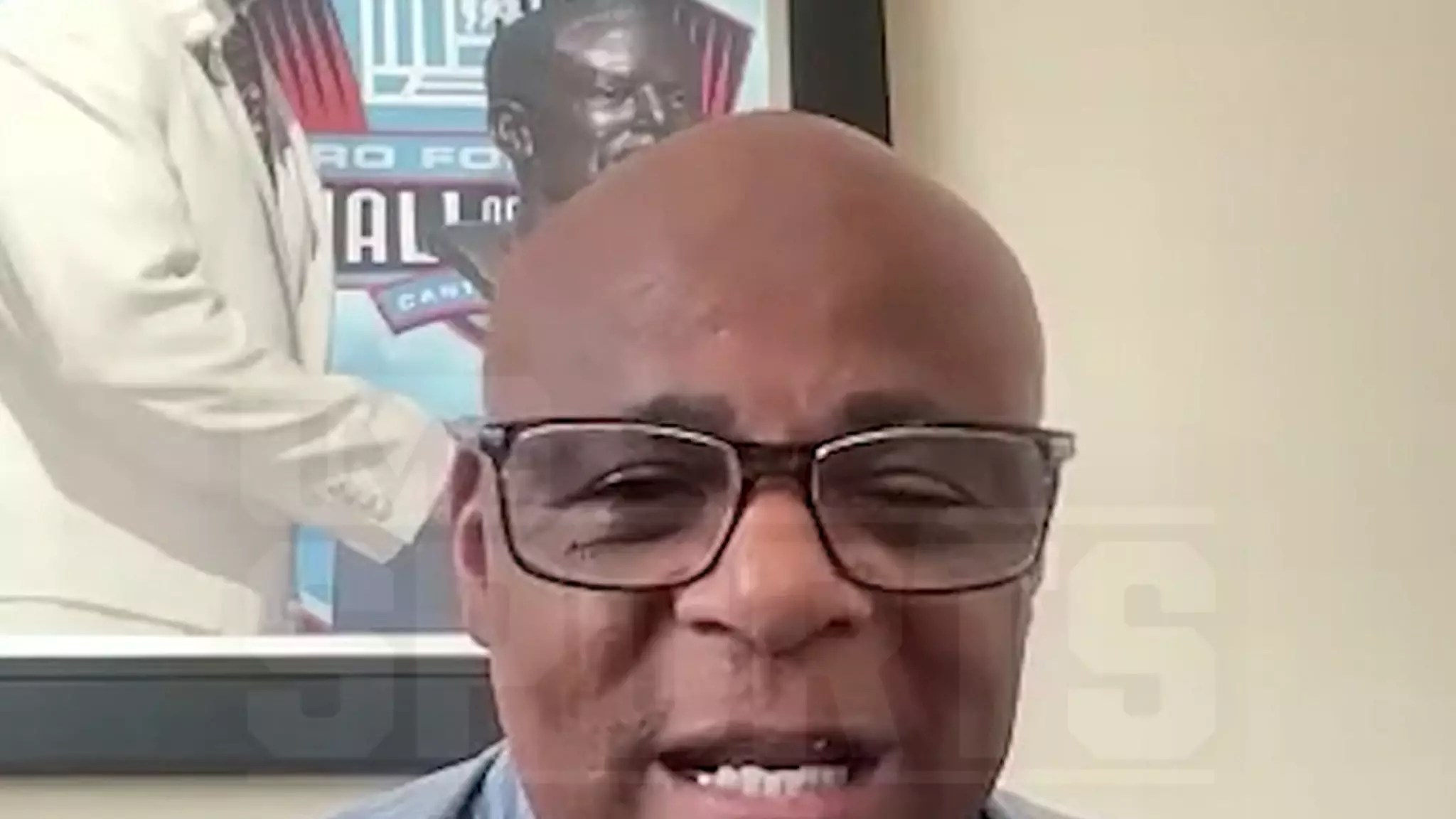In the high-stakes world of professional football, the capacity to maintain focus and performance under pressure is paramount. For Deshaun Watson, a quarterback once celebrated for his potential and skill, a series of legal issues has created a shadow over his career. Renowned NFL Hall of Famer Warren Moon recently shared his insights regarding Watson’s struggle on the field, which he believes is significantly influenced by the legal challenges the young quarterback faces. The intricacies of mental health and performance in sports have never been more relevant, especially as Watson grapples with the repercussions of personal decisions that have culminated in multiple lawsuits.
Watson’s journey has been marred by legal battles that began in 2021, soon after he secured a place among the NFL’s elite with three consecutive Pro Bowl selections. The initial lawsuit alleging sexual misconduct opened the floodgates, leading to a cascade of similar accusations. Despite settling with many of his accusers in 2022, the psychological toll seems to linger, manifesting in his inconsistent performances on the field. As Moon pointedly noted, a player cannot simply compartmentalize such significant off-field stressors; the mental ramifications often find their way into game-day mentality and execution.
Warren Moon emphasized that Watson’s current struggles might stem from “playing with a heavy mind,” highlighting the cognitive burden that comes from public scrutiny and legal pressure. The Hall of Famer’s analysis reflects a profound understanding of the mental game prevalent in sports, reminding fans that an athlete’s even the most talented individuals are not immune to distractions. Moon’s observations underscore a critical truth: the mental component of sports performance is as vital as physical capability.
This situation raises a poignant question: how do athletes manage mental health and public perception while remaining at the pinnacle of their performance? Although Watson has not publicly acknowledged the extent to which these legal challenges are affecting his game, the existence of additional lawsuits muddies the waters further, suggesting the quarterback’s path to rediscovery will be fraught with hurdles.
Watson’s career trajectory is further highlighted by the drastic decline in his statistics post-lawsuits. Once a burgeoning star, he has not only failed to return to Pro Bowl form but has also struggled to maintain consistent starts and accumulate substantial yardage. Moon’s assertion that Watson might be pressing too hard to prove himself adds another layer to the discussion of performance anxiety in sports—a narrative that all too often leads to a cycle of disappointment and frustration.
Finding mental clarity amidst the chaos is crucial for athletes, yet it becomes significantly challenging in the high-pressure arena of professional sports. Athletes like Watson must navigate not only the competitive nature of their profession but also their own psychological battles. The situation serves as a stark reminder that success in sports is not solely defined by physical prowess, but also by mental fortitude—the ability to rise above adversity and distractions.
Despite the uphill battle he faces, there remains a sliver of optimism for Watson as he continues his career with the Cleveland Browns. With the potential for redemption on the horizon, every game becomes an opportunity to showcase his elite skills. As Moon pointed out, an upcoming match against the New York Giants offers Watson a chance to regain some momentum and confidence, a vital aspect of any athlete’s journey.
Reflecting on larger trends within the league, Moon also touched upon the health of other quarterbacks like Tua Tagovailoa and the potential of rookies such as Bryce Young and Caleb Williams. The dialogues surrounding these players exemplify the ongoing narrative in the NFL—mental health, pressure, and performance are all inextricably intertwined.
As Deshaun Watson continues to navigate the choppy waters of his career, it is imperative that fans, coaches, and teammates alike offer their understanding and support. The combination of personal setbacks and performance challenges can be overwhelming, and the need for an environment that fosters resilience and mental well-being is more crucial than ever. The case of Watson stands as both a cautionary tale and a poignant reminder of the profound interplay between mental health and athletic performance in the high-octane world of professional sports.







Leave a Reply